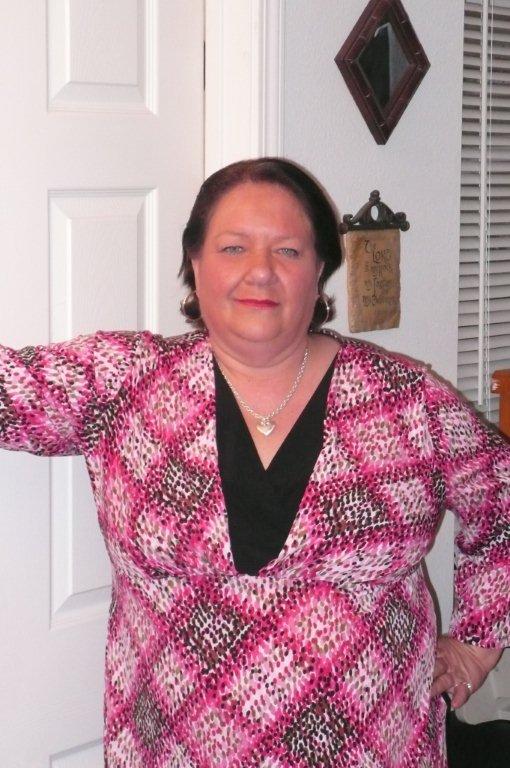Big Win in California But More to Do

By Ellen Bravo
Six and a half million Californians will have reason to celebrate today after Governor Jerry Brown signs the Healthy Families, Healthy Workplaces Act (AB 1522). For 44 percent of the state’s population who don’t earn a single paid sick day, this simple act will move them a step closer to catching up with the rest of the world – being able to care for themselves or a loved one without losing a paycheck or a job.
Among them will be Maria Elena Jefferson, a Walmart worker and OUR Walmart associate who has to drag herself to work sick because the giant corporation keeps her just below the 36 hours a week required for full-time status and access to paid sick days. Many of her co-workers who are full time will also benefit. Right now, as is typical in the retail and grocery industry, they count as having paid sick days but in fact are never paid for day one, whether that’s the only day they’re out or the first of several days.
Millions more in the state who already have paid sick days will now be able to use them for a sick family member or to deal with the aftermath of violence – and can do so without being disciplined for taking the time they’ve earned. Although the number of days per year is minimal (three), municipalities and employers can go beyond it – as San Francisco and San Diego have already done, and Oakland is poised to do.
California becomes only the second state in the U.S. – along with a growing number of cities (nearly a dozen including new victories in New Jersey) – to guarantee workers can earn a minimum number of paid sick days. A body of evidence now exists that shreds the opponents’ predictions of doom, showing the benefits to workers and families, to businesses and the economy.
Bill Excludes Home Care Workers
But one critical group will not benefit today, the mostly female workforce paid through the state that provides critical in-home care and services to vulnerable elders or people dealing with chronic illness or disabilities.
 Christine Petraeus in San Luis Obispo is one of these workers. She moved back to California after working in a denim mill in Georgia and getting an associate degree – with honors – to be a social worker assistant, only to find no jobs in the field. “I knew home care was a job I could do that always had an opening,” she said.
Christine Petraeus in San Luis Obispo is one of these workers. She moved back to California after working in a denim mill in Georgia and getting an associate degree – with honors – to be a social worker assistant, only to find no jobs in the field. “I knew home care was a job I could do that always had an opening,” she said.
Christine calls her clients “wonderful people.” Thanks to her, a 92-year-old woman named Lois dependent on a walker is able to maintain some independence and dignity. “She’s like an angel in my pocket,” says Christine. “Not a day goes by when she doesn’t say how much she appreciates me and what I do for her.”
Christine knows well that Lois can’t afford to get sick – a flu for her home care worker could become fatal pneumonia for Lois. But losing even a couple hours pay “hurts the pocketbook,” says Christine, describing the $50 cost of filling her tank and the money she had to borrow for recent dental work. “Every hour counts when you have bills to pay, rent to pay.” Until recently, Christine worked seven days a week just to get by, but finally decided at the age of 54, she needs one day of rest.
Devaluing Women
When she found out home care workers were excluded from the paid sick days bill, Christine was outraged. “That’s discriminating,” she told me. “It’s disgraceful, to treat us like we’re lower class when we’re not. We work hard to make sure clients can stay at home. Our bodies do take their toll. We get sick, too.”
Describing the importance of her job and the fact that they also don’t get vacation or holidays, Christine linked the exclusion to the devaluing of women’s work. “I think politicians view it as domestic, no different than caring for a child at home. They don’t see us as workers, as laborers – they see us as the old ‘50s, just a homemaker. It’s because we’re women and it’s expected from us to do these things and still maintain the low wages and low pay.”
Christine was glad to learn her daughter’s husband, a vineyard worker, will be among those now earning paid sick days. Three days isn’t enough, but it’s better than none, she says, recounting a time recently when he stayed out a day or two and went back in, even though he was really sick, because he just couldn’t afford to lose pay.
We Won’t Suck It Up
But for herself and other home care workers, she’s clear: “I’m not standing for that – we won’t suck it up.” Christine is proud that her union, United Domestic Workers, an AFSCME local, as well as SEIU United Long Term Care Workers and the broad California Work and Family Coalition whose organizing led to this historic win, are pledging to keep fighting to end the exclusion and expand the bill.
“Our members are very dedicated to the union and to our fight,” she says. “They will be ecstatic if we win at least 3 days. I know I will be.”